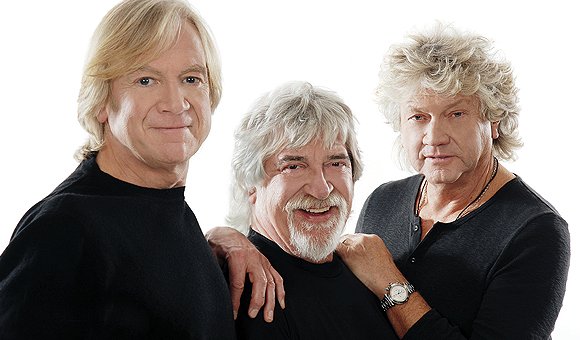Veteran Rockers Moody Blues Don't Take Past Success For Granted
Share
Calgary Herald
You’d think that after 45 years there would be some sort of level of comfort, some sense of contentment for all that you’ve accomplished and your place in the world.
If there is, John Lodge says it’s yet to hit him. And he’s glad. Because even after almost half a century as the bassist for classic rock mainstays The Moody Blues, he admits what still drives him and the band in general is that they’ve never reached a place of apathy.
“From the very first day we were always surprised someone would want to come and listen to our music, to be honest,” Lodge says from his hotel in Montreal.
“You can never take if for granted, so it’s always a surprise when our agent says, ‘Would you like to tour this year, would you like to do these concerts?’
“It always bemuses me when you get stuck in your own traffic jam coming from your own concert. It’s always surprising that they’ve come to listen to The Moody Blues’ music. You can never take it for granted.”
Again, if there’s an act that could, it very well might be the one that Lodge joined in the mid ’60s and saw become one of England’s most innovative rock acts, selling more than 70 million albums around the world, while also creating a plethora of hits such as I’m Just A Singer (In A Rock and Roll Band), Your Wildest Dreams and the seminal recording Nights In White Satin — all of which are featured on yet another recently greatest hits package, Icon
They are firmly entrenched in the minds of generations of fans and, yet, still the core — Lodge, guitarist Justin Hayward and drummer Graeme Edge — continued releasing new studio albums into the 2000s and tours consistently, including a current string of Canadian dates which will bring them to the Jubilee this evening.
For Lodge, other than the mere surprise he gets that there’s an audience when he shows up, one of the main factors that keeps him going, keeps him out on the road when a very well-deserved retirement seems in order, is that the music still very resonates with him despite its familiarity.
“I think the difference between (us) and a lot of bands or musicians from that period of time that we’ve come through is that it’s our own music and we’re not playing songs that someone’s written for us. All of the songs we do onstage are very personal to us,” he says.
“And you do have the element of, ‘Yes, I’ve been doing this since I was 14, being onstage and whatever,’ but the most important thing, I think, is that the songs we’ve written over the years they’re indelible into Moody Blues’ heartland. They’re what I want to perform and play onstage.”
Where that heartland lies is another thing entirely, which has also helped keep things fresh and interesting for Lodge and the other members.
Over the years, the band has seemingly embraced and explored every other style and genre under the Moody Blues umbrella, leading the ’70s prog rock movement with a sound that could be as indulgent or as simple as the songs required. It allowed them to perform with orchestras or, as they will tonight, in a somewhat more stripped-down seven-piece setting. And it allowed to jump around from song to song, album to album without worrying about alienating their audience or each other.
“Obviously, over the years, people have tried to bracket the Moody Blues into a somewhat safe pigeonhole. ‘Are they underground, are they psychedelic, are they classic rock, are they whatever?’
“And I think we’re all of those, because if you . . . took any Moody Blues album and took one song off it and tried to say, ‘That is who the Moody Blues were in that given time in their musical history,’ you wouldn’t get it right. Because the difference between Voices in the Sky, Legend of a Mind and Singer (In A Rock and Roll Band) is so far apart you couldn’t actually put any one of them in the category.
“For me, that’s why (our) music is what it is. You can’t pigeonhole it anywhere at all.”
Perhaps that’s why when asked if he sees the band’s influence in any of today’s acts, Lodge pauses. He points to an act such as Snow Patrol or Radiohead — not as bands who’ve musically picked up their torch, but more in the way they embody the philosophy that’s guided them all these years.
“I think I hope who ever listens to (our) music or grew up with it, find their own way, and not even carry the torch of Moody Blues music, to be perfectly honest.”

